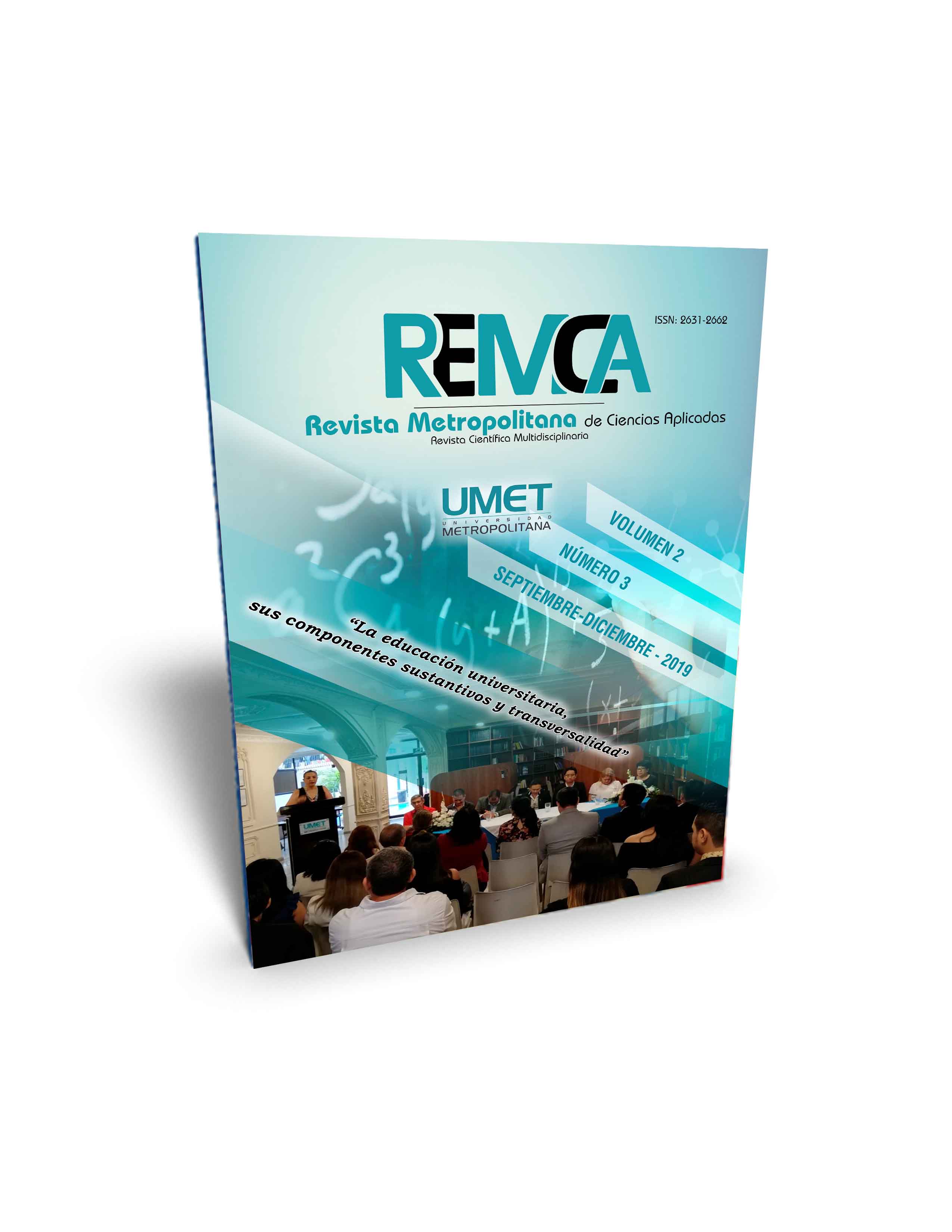Compression of the meaning of intelligence. Diversity in the ability to appropriate and apply knowledge and experiences
DOI:
https://doi.org/10.62452/zhas6m03Keywords:
Intelligence, diversity cognition, abilities developmentAbstract
Studies on the development of intelligence have gained strength in recent times and a continuity of enrichment of theory and practice in this direction is manifested. At present, education assumes great challenges focused on learning and with it attention to diversity responding to the progressive personal needs of students. It is the purpose of this work to offer reflections from theoretical bases on the development of intelligence.
Downloads
References
American Psychological Association. ( 2012). Task Force Report, Intelligence: Knowns and Unknowns. Washington D. C: APA.
Binet, A. (1983). La inteligencia: su medida y educación. Infancia y Aprendizaje. 115-120 Recuperado de https://dialnet.unirioja.es/servlet/articulo?codigo=668635
Frederick, S. (2005). Reflexión Cognitiva y Toma de Decisiones. Journal of Economic Perspectives, 19(4), 25–42. Recuperado de http://emilkirkegaard.dk/en/wp-content/uploads/Shane-Frederick-Cognitive-Reflection-and-Decision-Making.pdf
Gardner, H. (2003). Inteligencias múltiples. Barcelona: Paidos.
Goleman, D. (2019). La inteligencia emocional. Por qué es más importante que el coeficiente de inteligencia. Recuperado de http://ciec.edu.co/wp-content/uploads/2017/08/La-Inteligencia-Emocional-Daniel-Goleman-1.pdf
Hochel, M., & Gómez, E. (2008). La inteligencia humana. Capítulo I. Recuperado de https://www.ugr.es/~setchift/docs/conciencia_capitulo_1.pdf
Intelitest. (2019). Test de Inteligencia Gratis. Recuperado de https://www.intelitest.net/test-ci/
Martín, M. (2007). Análisis histórico y conceptual de las relaciones entre la inteligencia y la razón. (Tesis doctoral). Málaga: Universidad de Málaga.
Real Academia Española. (2019). Diccionario de la Lengua Española. Madrid: RAE.
Serigo, M. (2015). Teoría del desarrollo cognitivo de Piaget.Traducción. Recuperado de http://www.terras.edu.ar/biblioteca/6/PE_Piaget_Unidad_2.pdf
Serra, D. J. (2003). ¿Qué es la inteligencia humana? Revista Cubana de Psicología. Recuperado de http://pepsic.bvsalud.org/pdf/rcp/v20s1/04.pdf
Vigotsky, L. S. (1979). Desarrollo de las funciones psicológicas superiores. Barcelona: Crítica.
Downloads
Published
Issue
Section
License
Copyright (c) 2019 José Luis Gil Álvarez, Mabel Morales Cruz (Autor/a)

This work is licensed under a Creative Commons Attribution-NonCommercial-ShareAlike 4.0 International License.
Authors who publish in Revista Metropolitana de Ciencias Aplicadas (REMCA), agree to the following terms:
1. Copyright
Authors retain unrestricted copyright to their work. Authors grant the journal the right of first publication. To this end, they assign the journal non-exclusive exploitation rights (reproduction, distribution, public communication, and transformation). Authors may enter into additional agreements for the non-exclusive distribution of the version of the work published in the journal, provided that acknowledgment of its initial publication in this journal is given.
© The authors.
2. License
The articles are published in the journal under the Creative Commons Attribution-NonCommercial-ShareAlike 4.0 International License (CC BY-NC-SA 4.0). The terms can be found at: https://creativecommons.org/licenses/by-nc-sa/4.0/deed.en
This license allows:
- Sharing: Copying and redistributing the material in any medium or format.
- Adapting: Remixing, transforming, and building upon the material.
Under the following terms:
- Attribution: You must give appropriate credit, provide a link to the license, and indicate if any changes were made. You may do this in any reasonable manner, but not in any way that suggests the licensor endorses or sponsors your use.
- NonCommercial: You may not use the material for commercial purposes.
- ShareAlike: If you remix, transform, or build upon the material, you must distribute your creation under the same license as the original work.
There are no additional restrictions. You may not apply legal terms or technological measures that legally restrict others from doing anything the license permits.




